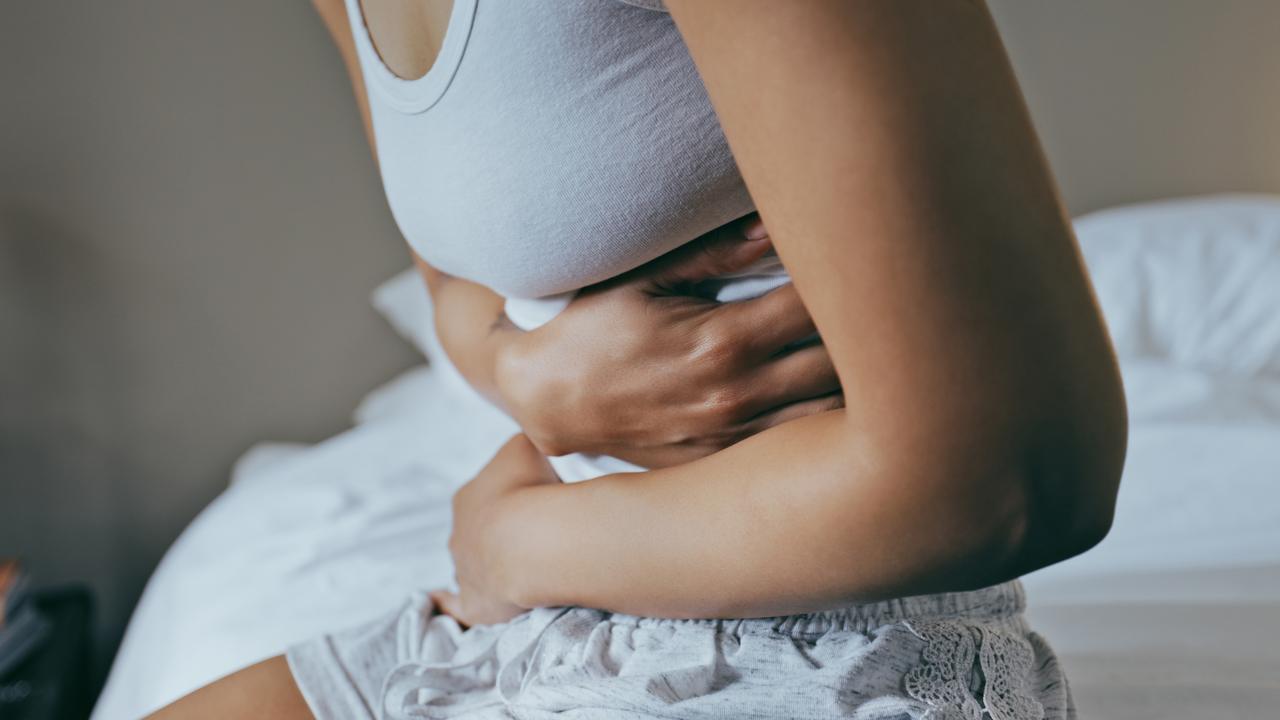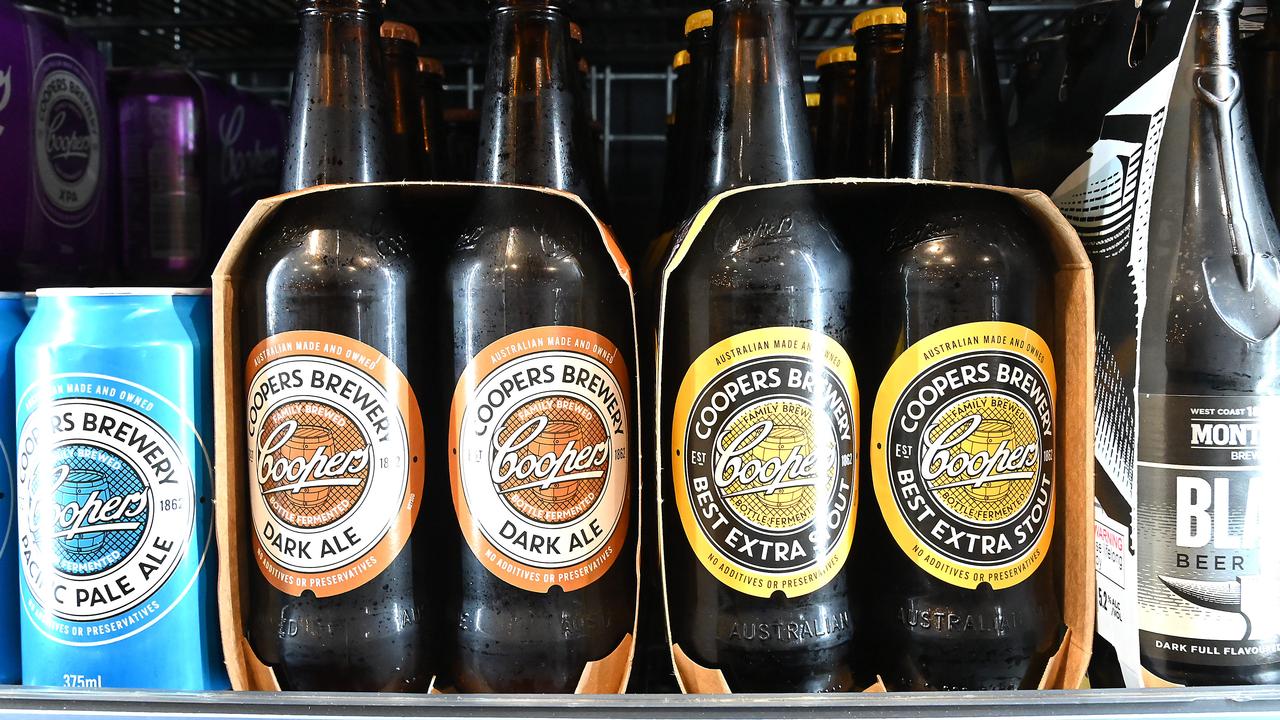Australia hits sombre coronavirus milestone, passing 10,000 infections since COVID-19 began
It’s less than six months since coronavirus spread to Australia, and the country has just tipped over a worrying number as the flare-up worsens.
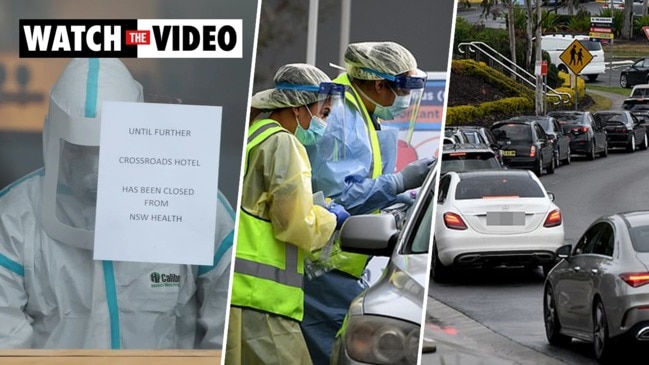
Australia’s six months of coronavirus chaos began on January 19 when a flight from Guangdong in China touched down in Melbourne.
On board was a man from Wuhan, who was unknowingly infected with COVID-19, which emerged from his home town.
It would be six days until he was diagnosed by health authorities in Victoria, becoming the country’s first confirmed case of the then-new disease.
Today, with Victoria recording another 270 detected infections over the past 24 hours, Australia tipped over a sombre milestone – passing 10,000 coronavirus cases to date.
“Victoria has followed its strict protocols, including isolating the affected person,” then chief medical officer Brendan Murphy said on January 25. “I understand the patient has pneumonia and is in a stable condition.”
The announcement that day of Australia’s first case of coronavirus was somewhat upbeat.
Authorities were alert but optimistic, saying they were monitoring the situation and reiterating that “the only clear evidence of human-to-human transmission is in the Wuhan region”.
Fast forward six months, after an economically devastating national lockdown, 108 lives lost and the short-lived success of flattening the curve, and the tone has dramatically changed.
RELATED: Follow the latest coronavirus updates
“Obviously with such large numbers, it’s a real challenge to get to the bottom of exactly where those people have been, who they’ve spent time with and who are their close contacts,” Victorian Premier Daniel Andrews said today.
Greater Melbourne is in its first week of a renewed six-week, stage three lockdown, in response to the steep second wave of infections.
Mr Andrews announced the formation of an unprecedented task force to battle the resurgence of the pandemic in the capital, comprising 1300 Australian Defence Force personnel, non-frontline paramedics, seconded workers from private sector companies like Telstra and Qantas, and standby reinforcement staff from major banks.
“This is all about trying to stay a step ahead of the needs,” Mr Andrews said.
“That is incredibly challenging when we see the number of cases presenting each day.
“But a bigger team – and particularly where you’ve got great confidence that you’re purposing or tasking the best skills for the best purpose – that’s when you can start to see some really significant improvements.”
RELATED: Sydney’s pub outbreak explodes as new rules are introduced
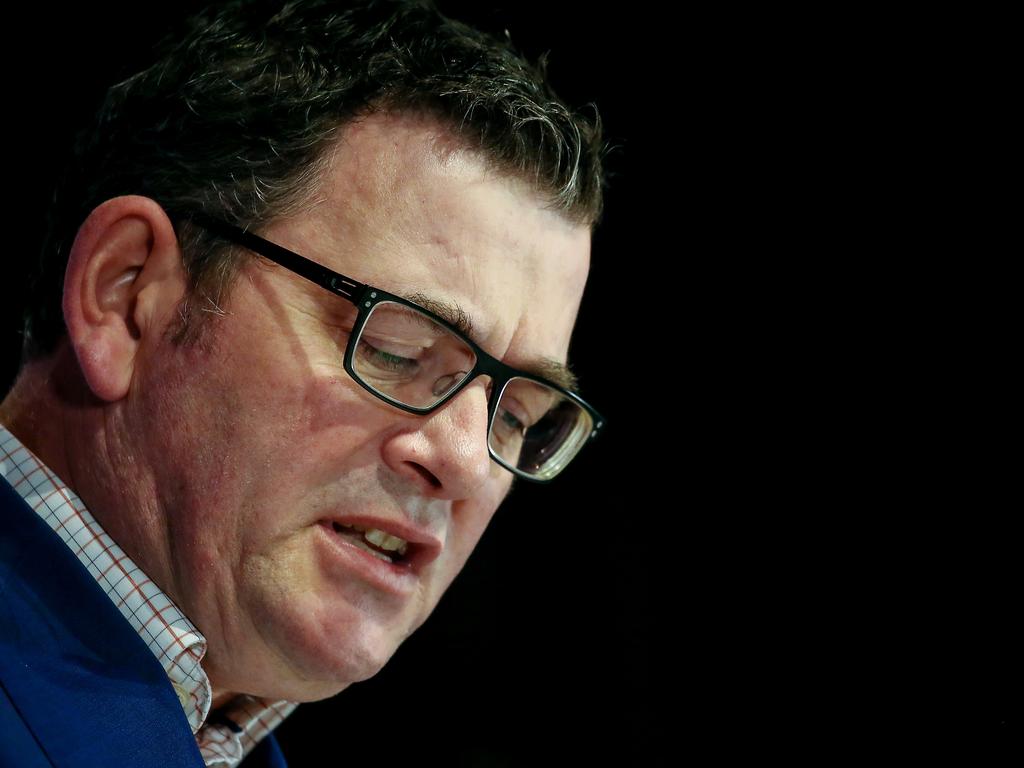
Authorities in New South Wales are on “high alert” over an outbreak that originated at a pub in Sydney’s southwest and which has subsequently spread.
The state recorded 13 new cases of COVID-19 to 8pm yesterday, with 10 of those related to the Crossroads Hotel cluster.
“Of these, three attended the venue and seven are close contact of the cases,” NSW chief health officer Dr Kerry Chant said, adding the total number in that cluster is 28.
The level of community transmission between those who became infected at the pub and people they interacted with in subsequent delays is of concern.
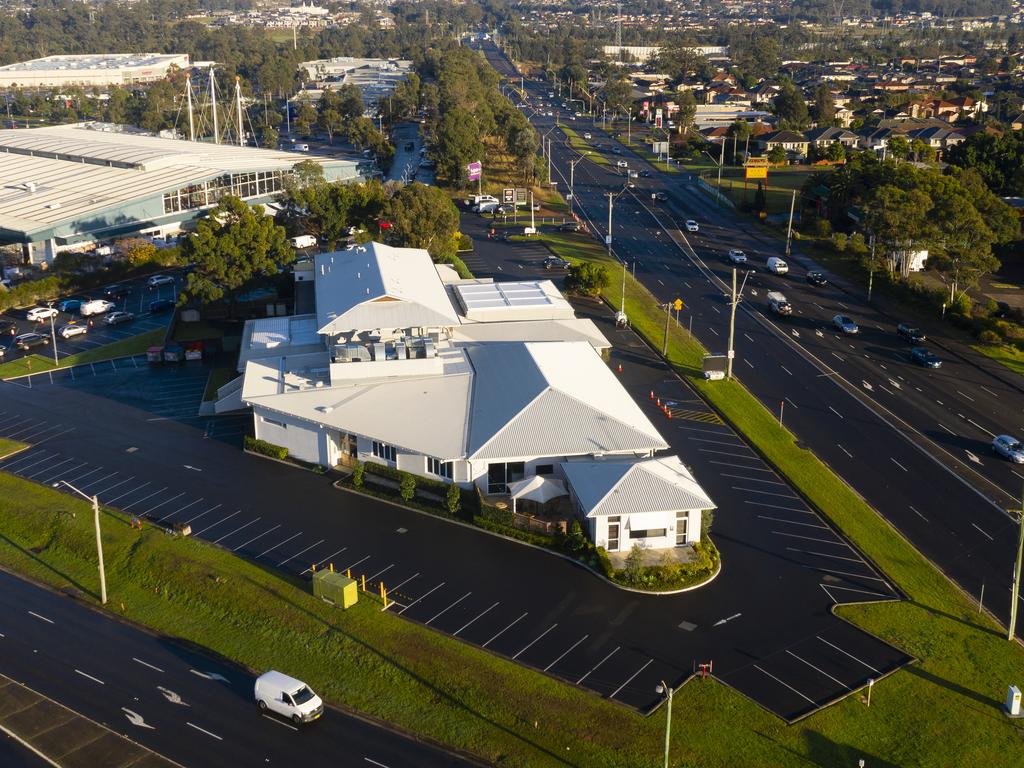
As a result, Queensland has declared Campbelltown City and Liverpool City Council in Sydney as “hotspots” and any residents entering the state will be required to enter quarantine for 14 days.
“This is important because we are seeing continued cases confirmed who attended that hotel and we’ve seen subsequent infections in families and other groups from people who have come into contact with people who went to that hotel,” Queensland chief health officer Dr Jeanette Young said.
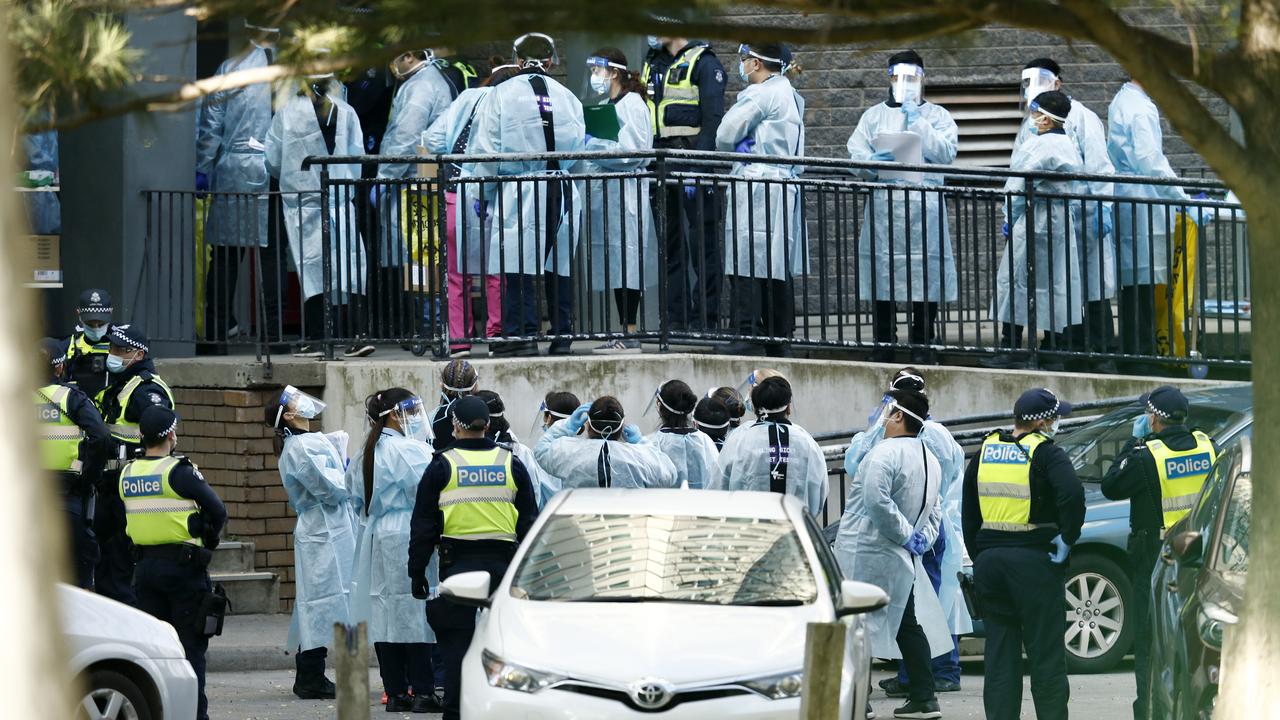
Sydney’s up-tick in cases has prompted new measures in pubs and bars, Premier Gladys Berejiklian said, including a cap on group reservations, limits on patrons and the presence of COVID-safe marshalls.
But Ms Berejiklian urged everyone to reacquaint themselves with social distancing advice.
“It disturbs me greatly when we see people not socially distancing,” she said.
“If you’re waiting in a queue to buy a loaf of bread from your local bakery on a Saturday, keep the social distance. It’s up to you to make sure there’s enough space between the person in front of you and the person behind you.
“We are in a pandemic and you can’t have good compliance unless all of us take personal responsibility for the way in which we conduct ourselves as well.
“Life will not be normal during the pandemic and so the question we ask in NSW is what can we do to reduce the risk, to reduce the spread so we continue to have a good level of activity in our community, a good level of people staying in their jobs and going about their business.”


